Every day more than 800 million people between ages 15 and 49 are menstruating. And yet, in some cultures, monthly menstruation is a stigmatized issue shrouded in silence, secrecy and shame. It’s a topic that can be embarrassing to talk about, and some communities around the globe have developed harmful ideas and beliefs regarding it.
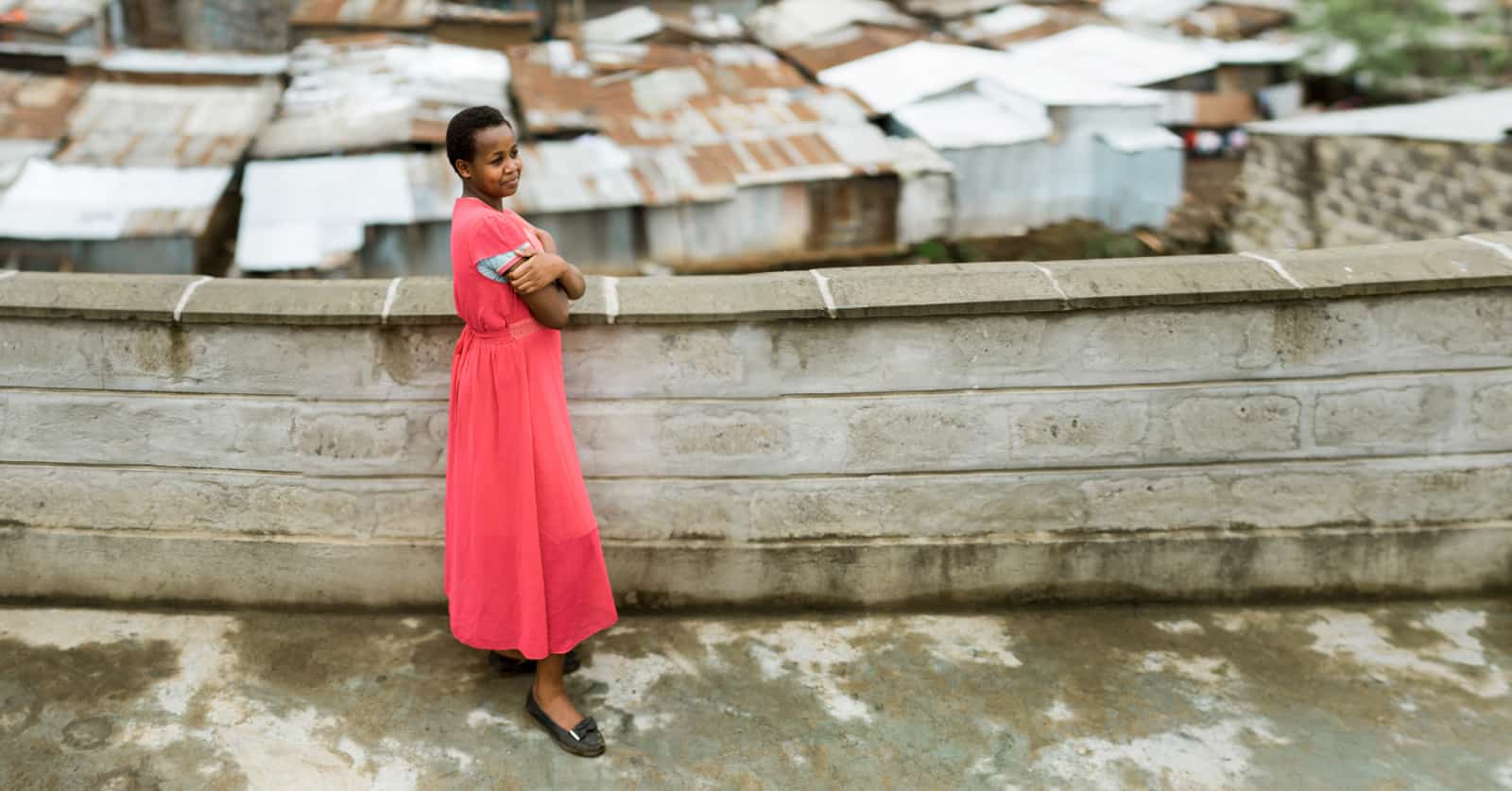
The average adolescent girl will be affected by menstruation for 3,000 days in her lifetime. That works out to more than eight years! Having access to a restroom, people to talk to who understand, and clean materials to use are the basics of managing a period. Sadly, these basics aren’t available for many girls and women living in extreme poverty — a phenomenon often called period poverty.
By not talking about periods, girls are missing out on school, which is impacting their futures. Here are just three personal and societal aspects of life that are restricted when menstruation becomes an unmentionable part of being female.
1. Education
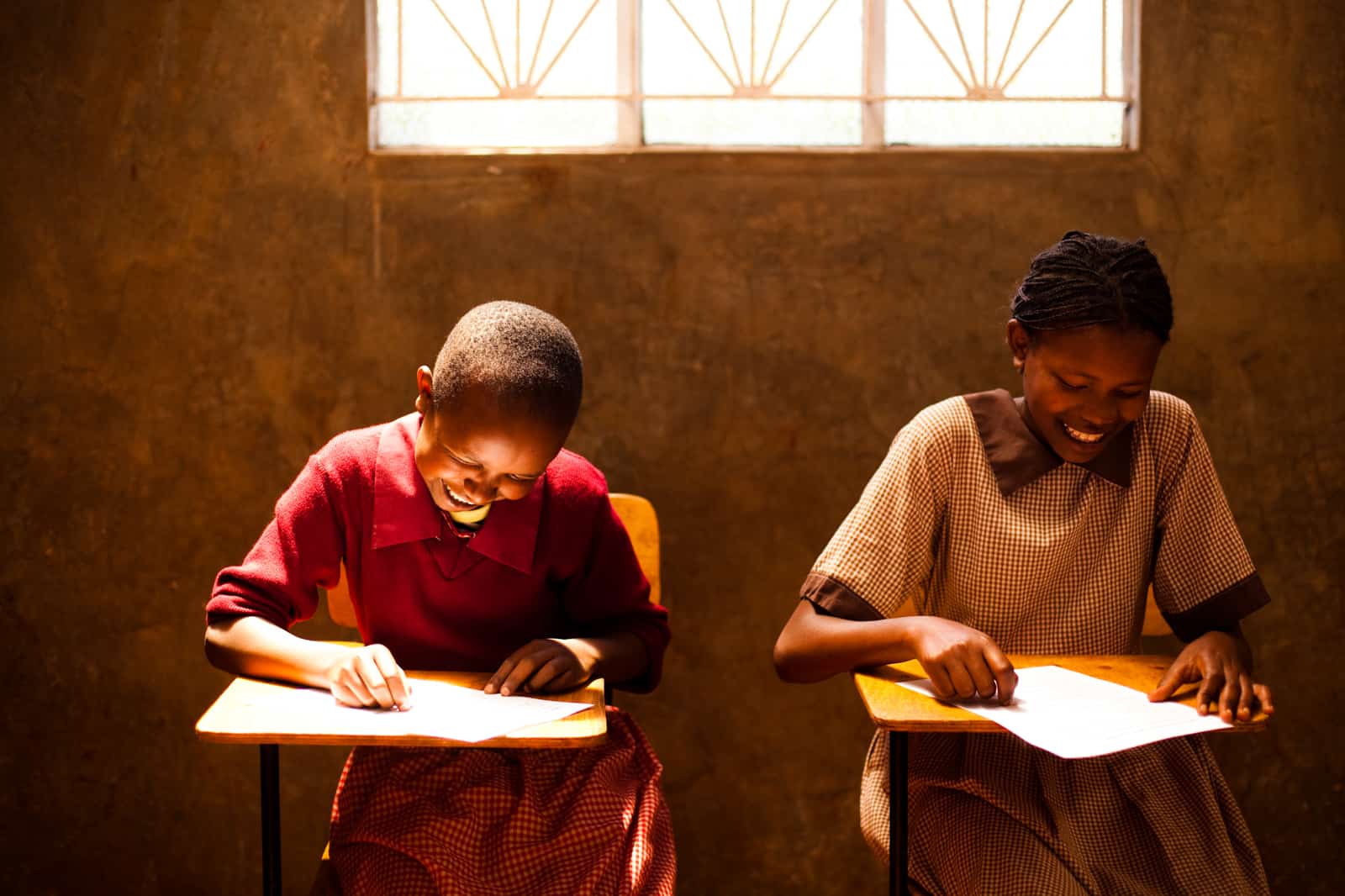
Girls are missing school due to completely preventable reasons. The availability of good hygiene facilities in schools makes a big difference to whether or not girls attend during their periods. If girls don’t have access to sanitary pads they will often choose to leave school early, or stay home altogether.
UNICEF estimates that a shocking 1 in 10 school-age girls in African countries “do not attend school during menstruation.” This puts girls at an immediate disadvantage and can lead to lower grades. Some may eventually drop out of school altogether.
In Uganda, a staggering 28 percent of girls don’t go to school when they have their period. This means they miss an average of four days of school each month, or 20 percent of the school year. Imagine the impact on your education if you had to miss 20 percent every year.
2. Health
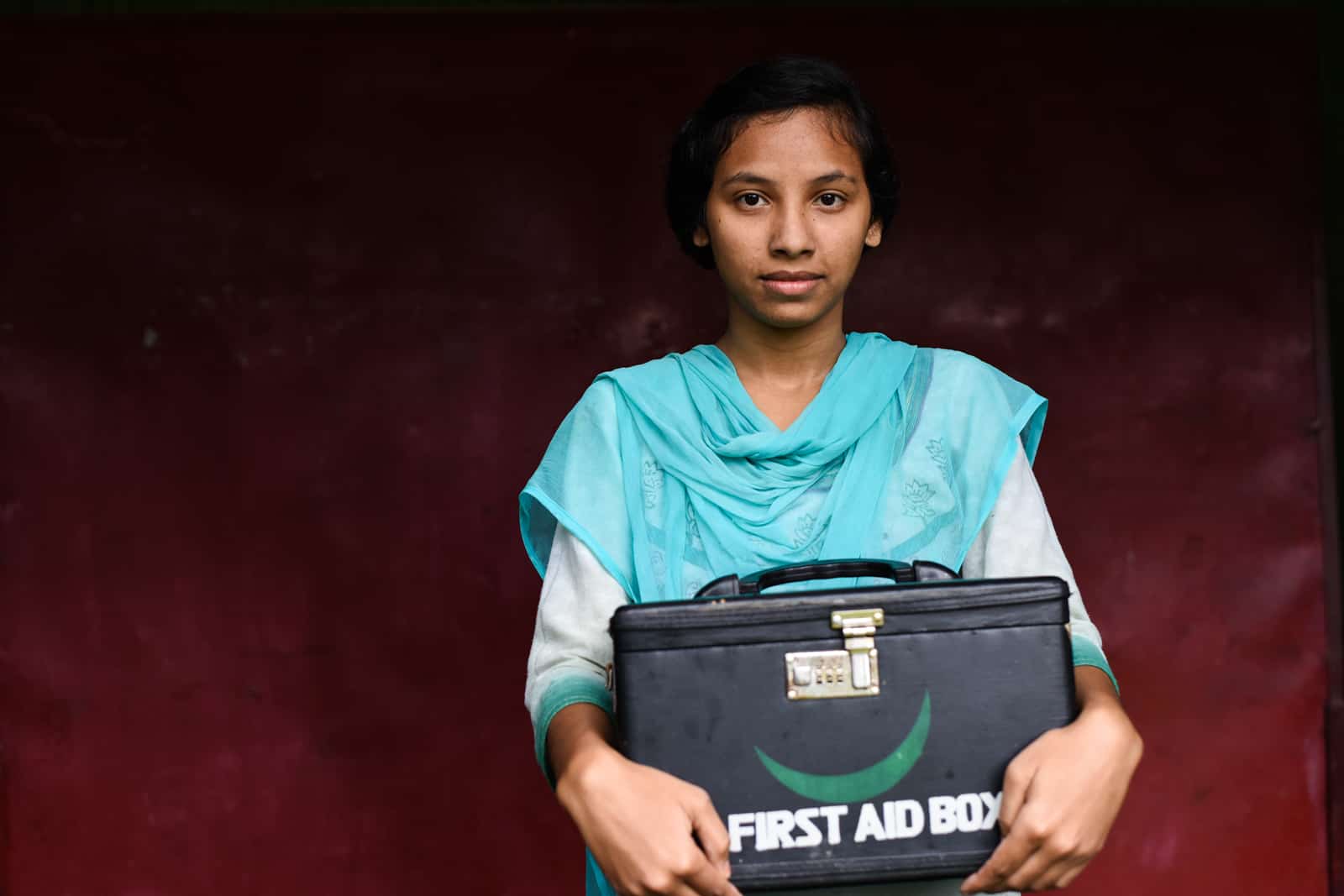
When a girl reaches puberty, access to a safe, private toilet can make a huge difference to her health. It’s hard for us to get our heads around when we have safe drinking water on tap, hot showers in the morning, and toilets which flush.
But 1 in 3 of the world’s population doesn’t have access to adequate sanitation. This means 1.25 billion women around the world do not have access to a toilet during their periods. Girls need clean water to wash themselves or their menstrual cloths and a place to dispose of their sanitary pads if they are using them.
Because of period poverty, many women and girls do not have access to menstrual hygiene products to use, and only 12 percent of girls and women have access to commercial sanitary products.
3. Dignity
Stigmas and taboos around menstruation directly affect a girl’s dignity, confidence and self-esteem. Many cultures do not talk about periods openly. This means that girls often never hear of menstruation before their first period, making it a confusing and scary experience. That is the reality for an incredible 68 percent of girls in Ghana who knew nothing about menstruation when they started their periods.
Taboos around menstruation can also mean that girls are often told they can’t do certain things while on their period. The women in the semi-nomadic Maasai region of Kenya are not allowed to enter goat pens or milk cows while they menstruate. And in many southeast Asian communities, menstruating girls are not permitted to use the same water facilities as the rest of the community. These restrictions add to the isolation, shame and loneliness of menstruation.
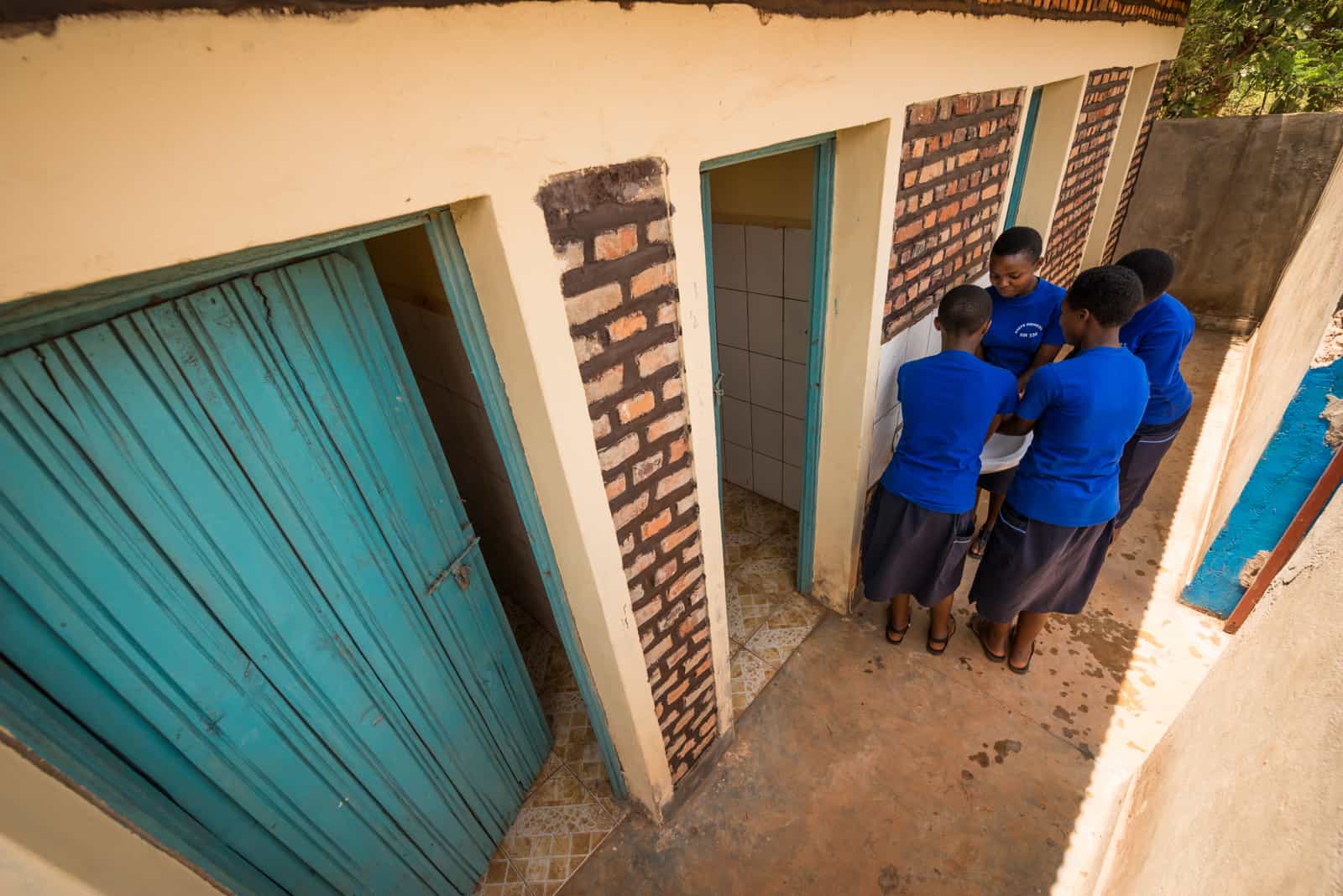
We’re passionate about investing in girls through providing vital health education and support. Thanks to education provided by our Child Sponsorship Program and extra facilities at Compassion centers, we’re empowering girls to overcome the obstacles of period poverty.
Jesca, who attends a Compassion center in Tanzania, explains the difference a block of 12 private toilets has made to her center:
“As a growing girl I have lots of needs and must take care with my hygienic practices. I was not comfortable with the available toilet since it exposed us to various diseases and there was no privacy. These changes mean a lot to me and to other children in the center as it will ensure a safe and comfortable place for our needs.”
In Magangué, Colombia, their new washrooms offer better sanitary conditions and safe water for the center. Pastor José says,
“We want to teach good hygiene, and the washrooms are a means to do so. We are offering children the opportunity to learn proper hygiene habits, and they become motivators for improving practices in their homes.”
Provide Clean Bathrooms for Young Women ›››
Sources: We Can’t Wait: A Report on Sanitation and Hygiene for Women and Girls, UNESCO, Puberty Education & Menstrual Hygiene Management, WHO, Water Supply & Sanitation Collaborative Council. This article first appeared on the Compassion USA blog in May 2018 after appearing on the Compassion UK Blog.
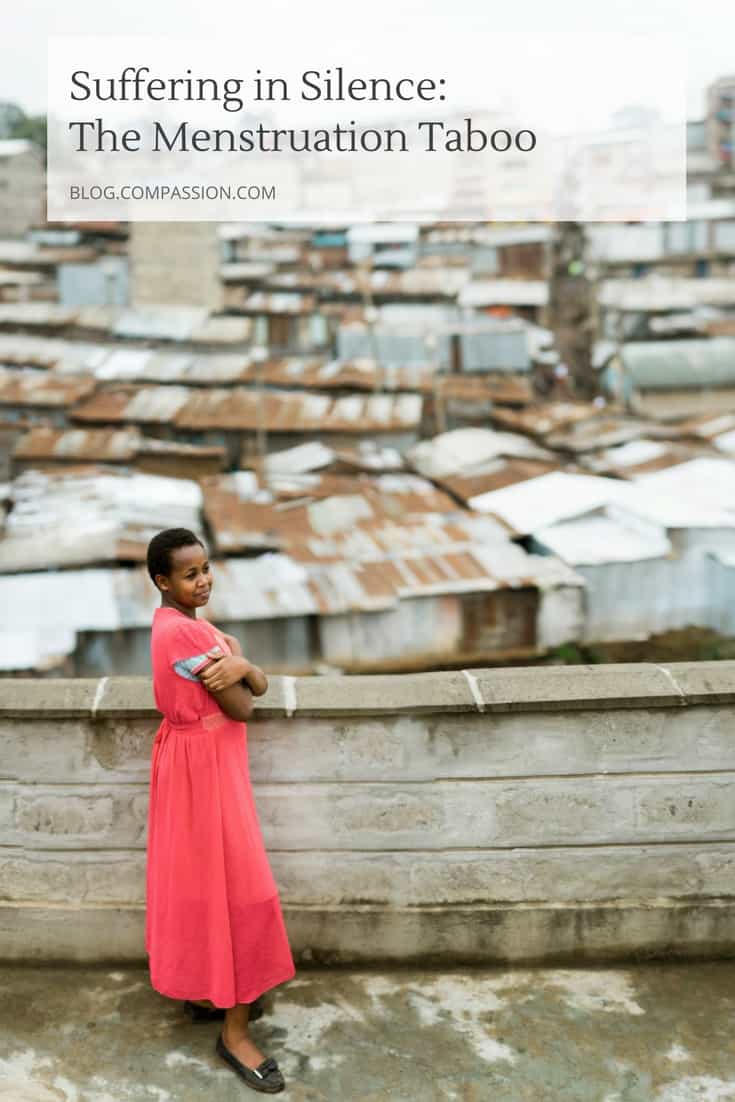


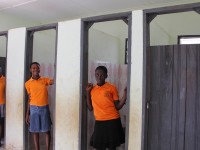
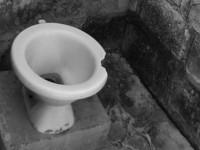


7 Comments |Add a comment
Parabéns pela exposição do assunto. É nesses momentos que vemos o peso da cultura no desenvolvimento das jovens e adolescentes. Creio que Deus mostrará meios para o apoio a mais essa necessidade que para outros países passa desapercebido. Deus abençoe a compassion e todos os envolvidos
This is a comment from Sally Akehi. (Thank you for explaining about the delay in posting comments!!) Even in America, Menstruation is a touchy subject. Even though schools provide “Health Class” to help orient the girls to what it will be like when they start “bleeding” Bleeding itself is often considered a Health Problem, when really it is a sign of becoming a more mature girl. It takes a long time to get used to all the things you have to do for yourself (and BY yourself! Of course, I don’t think boys get the same type of introduction as the girls. I am guessing that Compassion center staff help the girls to learn what to do, and how to feel about these changes. Thank you for introducing this topic. Sincerely, Sally Akehi (Thailand sponsor)
See http://www.daysforgirls.org for information on sustainable feminine hygiene products. These are made by volunteers in the U.S. and increasingly by enterprise organizations in other countries.
Hi Susan,
Thank you so much for sharing this way to help! This looks like a great way to help some of these girls! It is so wonderful to know there are other organizations out there trying to help also! Blessings! 🙂
Great post about an issue that doesn’t get talked about enough!
What can sponsors do to support our adolescent girls? Is it appropriate to speak of menstruation/
Hi Bev! Thank you so much for your kind heart to want to make sure our girls are taken care of! Please know that Compassion does provide toilet facilities so that girls can go to the bathroom and wash up. We also provide basic education about human reproduction and hygiene. However, we do not provide feminine hygiene products directly. Many organizations do, so they might receive these products another way. We would recommend that rather than speak to your sponsored girls about menstruation directly, we would prefer you to leave it to the local staff who can teach the girls in the most culturally and age appropriate way. 🙂 -Shannon